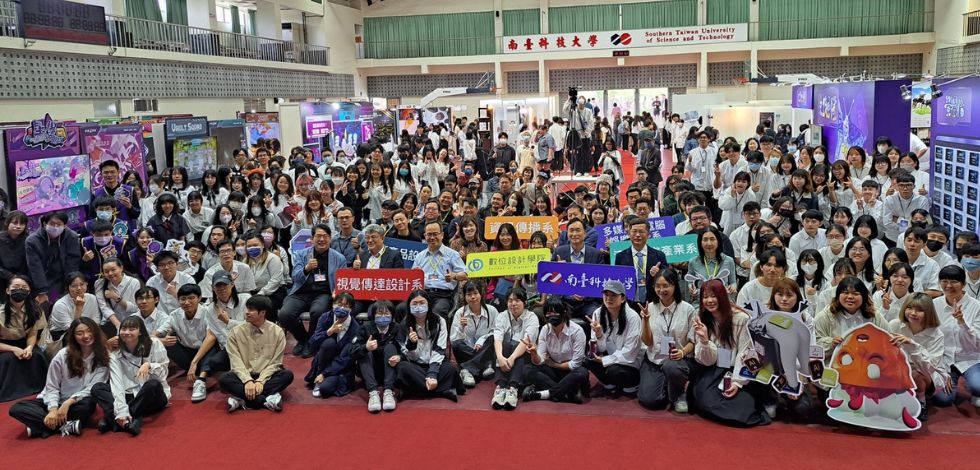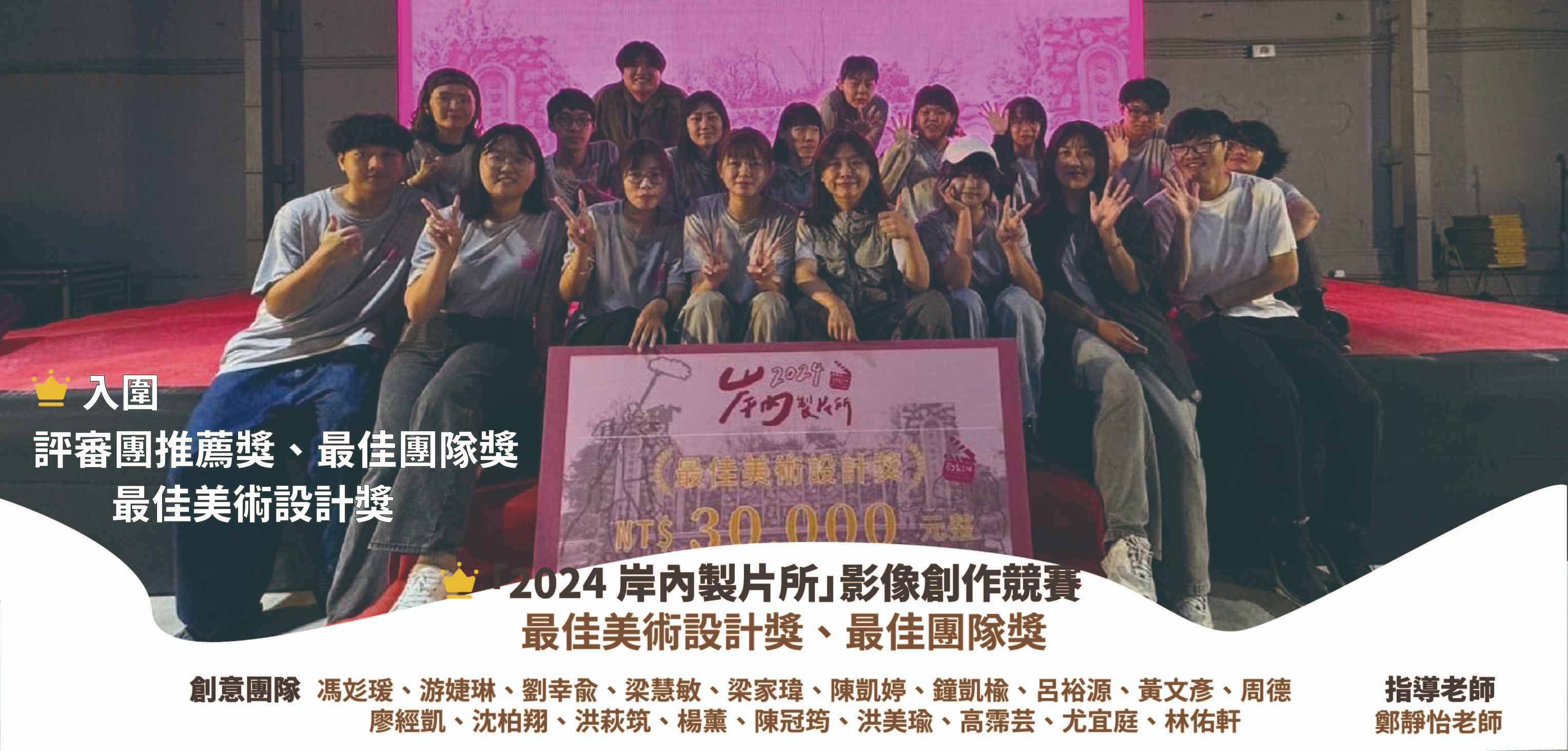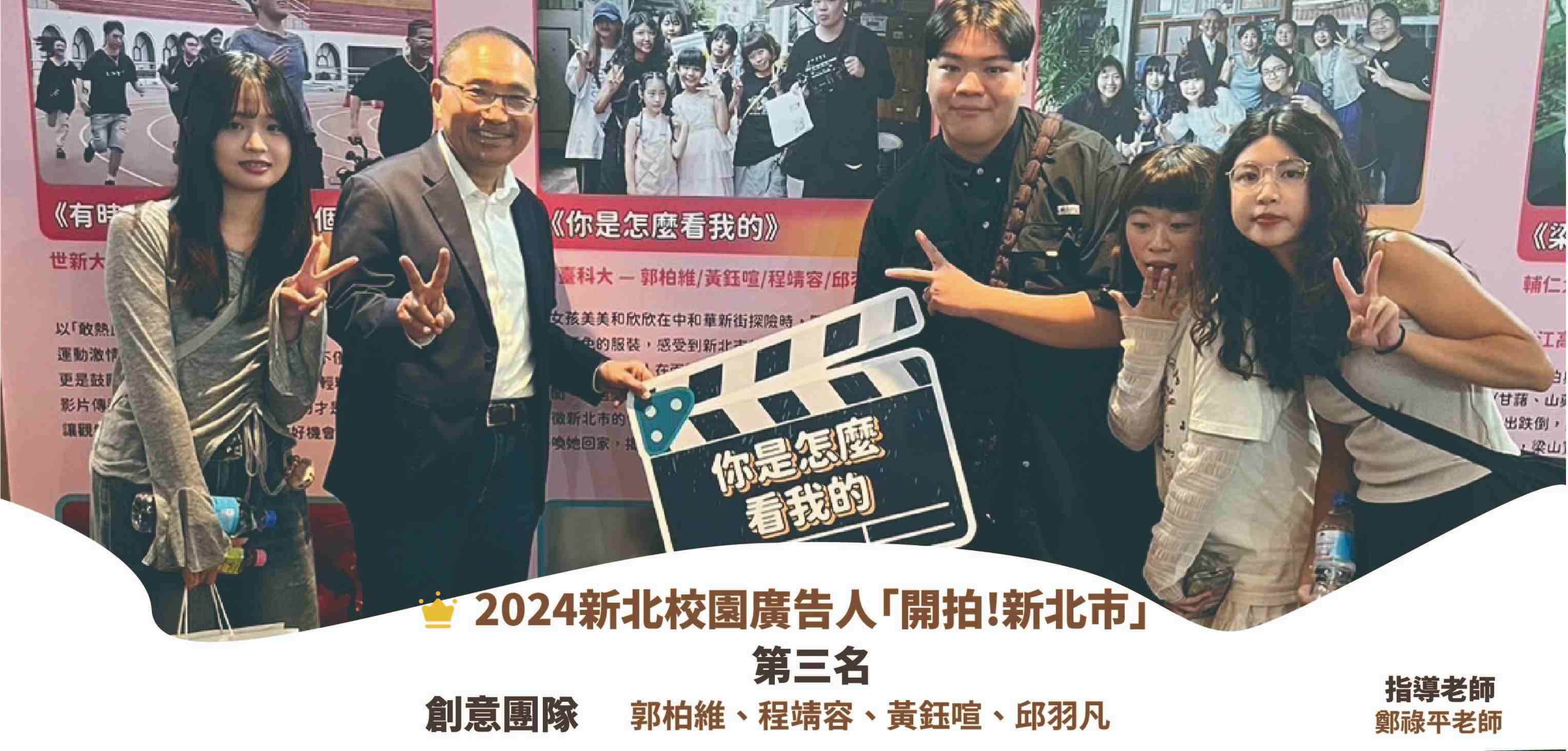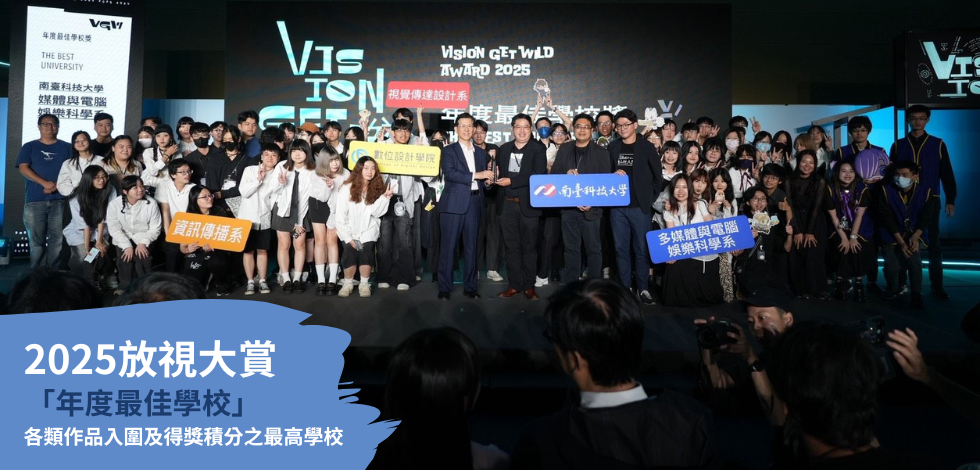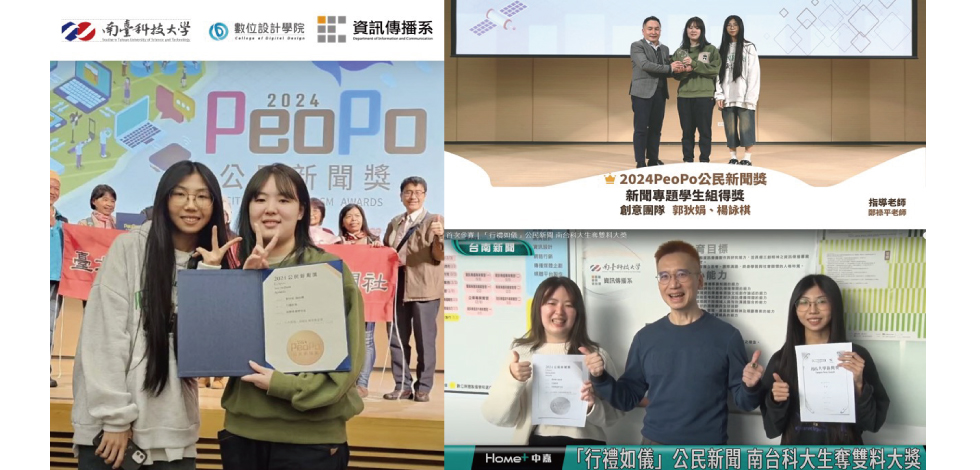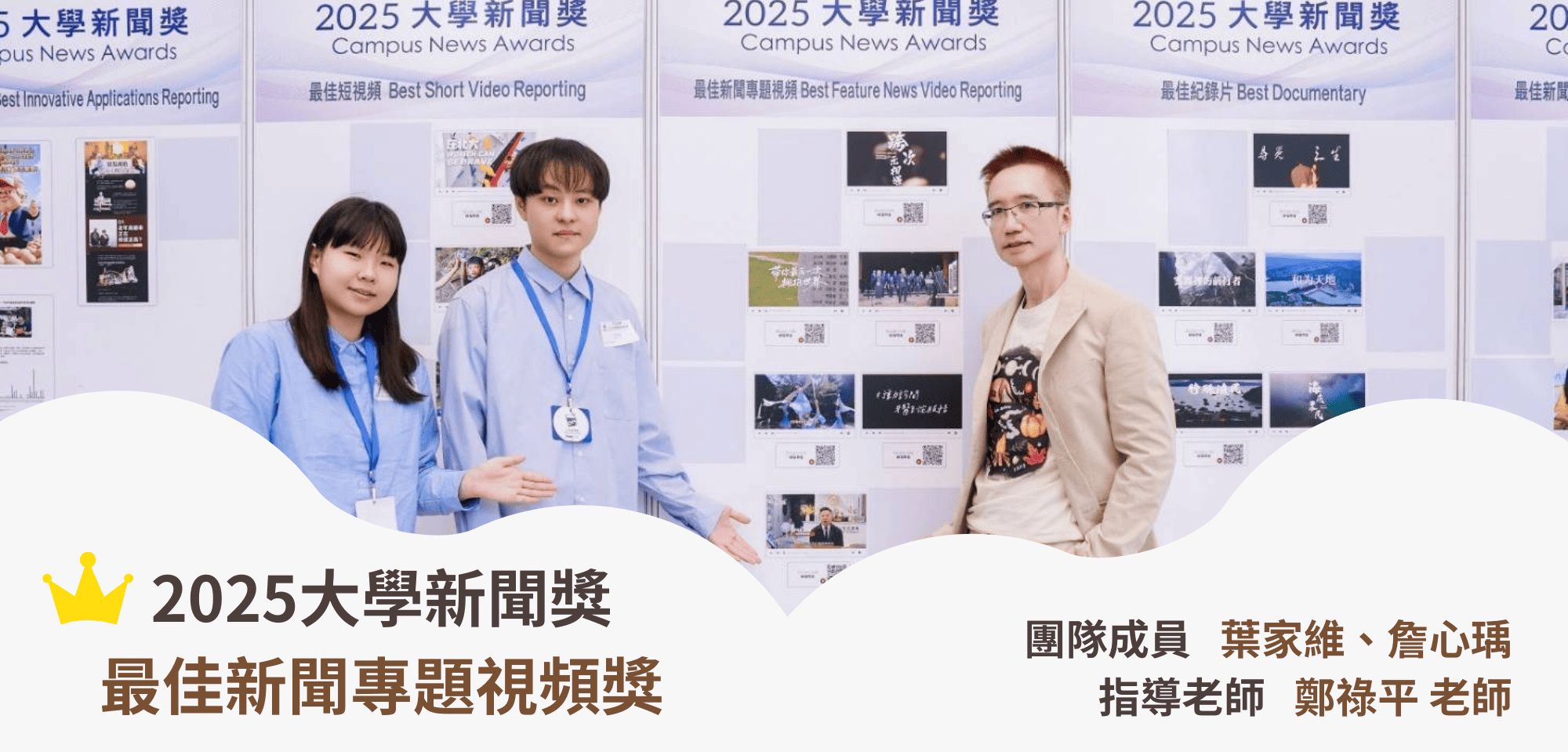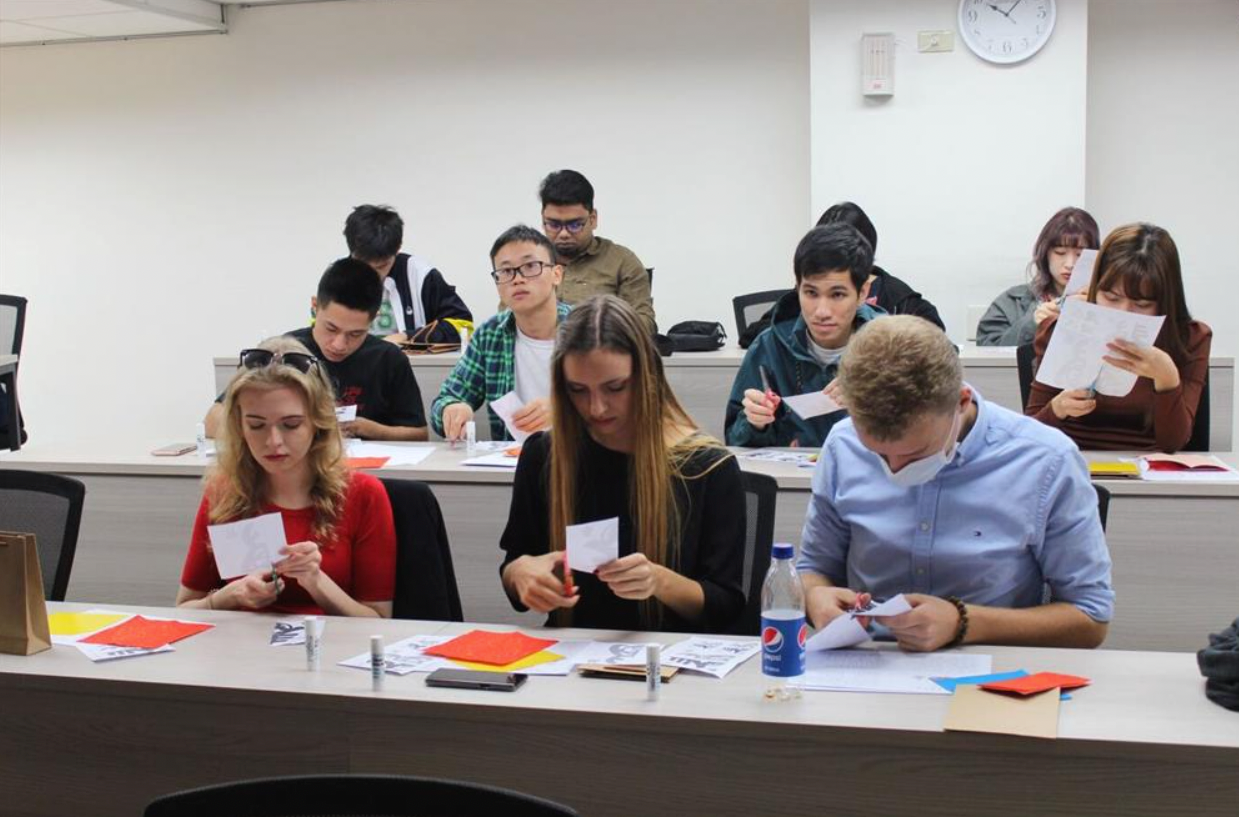Curriculum
Master Program
Prospects
The College of Digital Design was established in
2005 in response to the rapid growth of the Internet and digital technologies.
We aim to cultivate a new era of designers who can comprehend developments in
digital content industries such as digital broadcasting, cultural aesthetics,
entertainment, information and communication design, art design, and
e-learning. In addition, our curriculum has an interdisciplinary focus in which
we train our students to not only have practical design skills but also to have
the ability to integrate these skills to meet the challenges of the new digital
era.
Features
Developing professional teachings on new media,
video post-production, and special effects, as well as training talents to
support the needs of video post-production resulting from Taiwan's rapidly
developing movie, television, animation, and multimedia industries.
Research Area
Distinctive Advantages
1.
Cultivating project management
talents, including information communication production and research, and
possessing the spirit of creativity, creation, and entrepreneurship.
2.
Possessing professional
equipment at the same level as the industry to support teaching, including a
virtual imaging production center, a virtual studio, a 3D animation multimedia
design classroom, and a new media production center.
3.
Students participate in
domestic and international competitions, such as the PTS Citizen Journalism
Award, the China Times Golden Calf Award, the PTS Student Film Festival, and
the Cross-Strait Youth Microfilm Competition, with excellent results.
4.
Developing distinctive fields,
including media marketing, film and television program production and
broadcasting, news documentary production, film and animation design, and
virtual production.
Program Overview
The master's program curriculum is designed based
on the core competencies derived from the educational objectives. Each
educational objective has corresponding core competencies and training courses.
For example, in order to achieve the educational objective of "cultivating
project management talents with the ability to produce and research information
communication content and possessing the spirit of creativity, creation, and
entrepreneurship," the department's curriculum design includes the
following core competencies: (1) "Improving professional knowledge in
information communication," (2) "Familiar with planning and executing
information communication projects," (3) "Familiar with writing
professional papers or creative arguments in information communication,"
and (4) "Making good use of innovative thinking and creativity to solve
problems in information communication."
To cultivate the graduate student's ability to "improve professional
knowledge in information communication," the main formal courses include
Research Methods and Academic Ethics (required), Independent Study and Project
(required), New Media Theory & Communication Research (elective), Cultural
and Creative Industries Research (elective), Interactive media design research
(elective), Research on Brand Marketing Design (elective), Image, Society and
Culture Research (elective), and AI Cutting-edge Technology Seminar (elective).
In addition, to ensure the cultivation of core
competencies, the department's master's program supplements informal courses,
such as participation in seminars, professional services, information
communication-related competitions, and industry-academia collaboration, to
effectively cultivate the graduate student's ability to "improve
professional knowledge in information communication."


